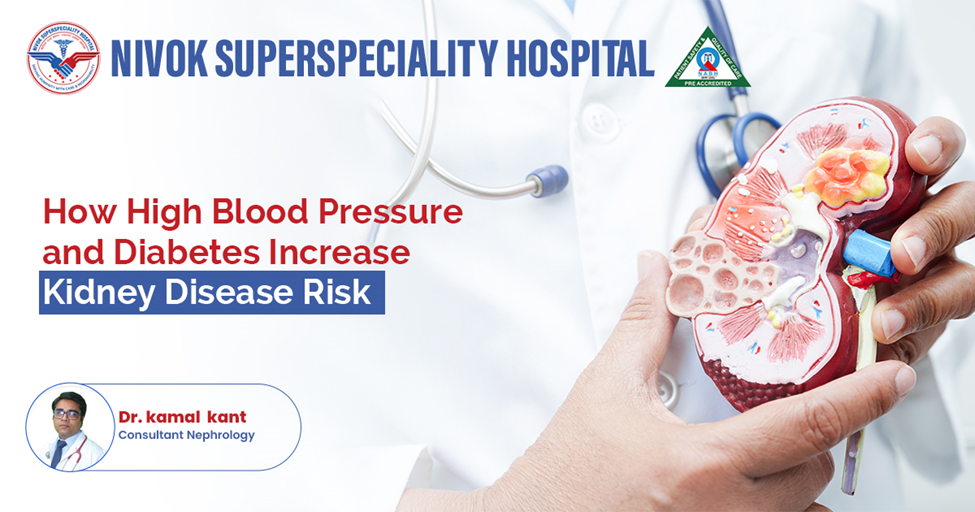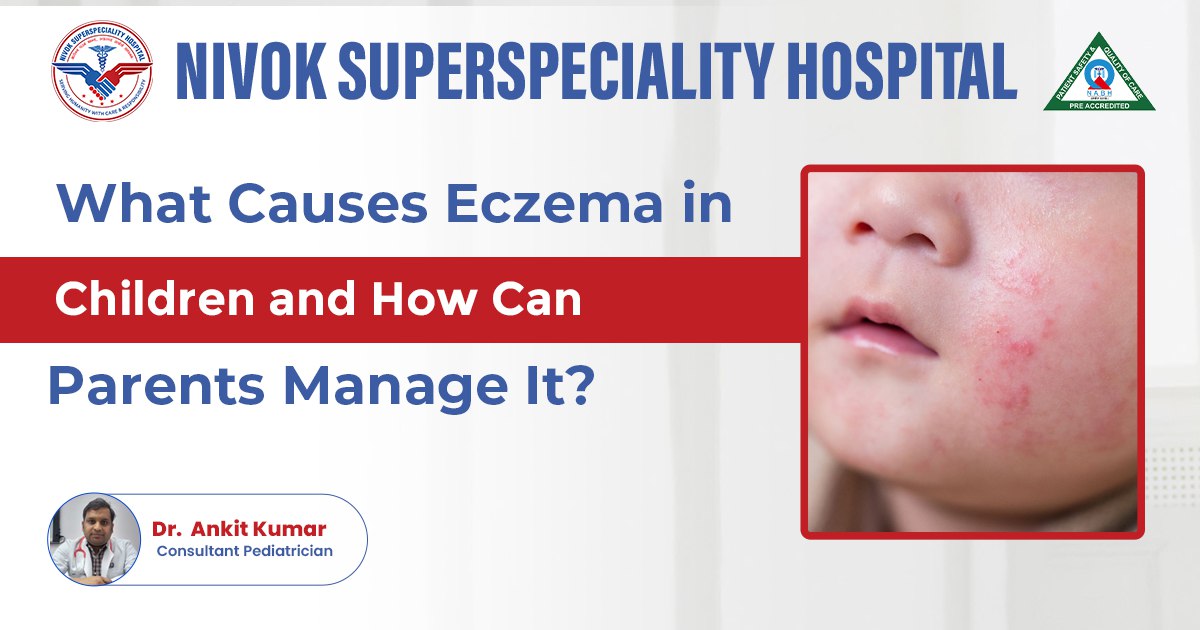.jpg)
What is the Difference Between Viral and Bacterial Fever?
People usually think fever is just a normal disease and it can be treated with homely remedies but if it lasts long then it can cause some serious problems. The symptoms of fever can take you to the hospital. Interestingly, all fevers are not the same. Understanding whether a fever is viral or bacterial is essential for choosing the right treatment and right guidance from an expert. Our best Internal Medicine Hospital in Modinagar and Muradnagar offers expert care under the guidance of Dr. Zeeshan Khan. Their experience ensures accurate diagnosis and effective management of all types of infections.
What Is a Viral Fever?
The fever caused by the virus is known as Viral fever, tiny infectious agents that multiply inside your body’s cells. These fevers are usually mild to moderate in severity level and are self-limiting, meaning they resolve on their own within a few days. Common types of viral fever include flu, dengue, chikungunya, and COVID-19.
Symptoms of Viral Fever:
- 1. Mild to high temperature (99°F to 103°F)
- 2. Body aches and fatigue
- 3. Runny nose or sore throat
- 4. Headache
- 5. Dry cough
- 6. Occasional rashes or chills
In most cases, viral fevers can be treated with rest, hydration, and over-the-counter fever reducers or medicines. Antibiotics are not effective for viral infections, which is a common misconception in India.
What Is Bacterial Fever?
It is clear that Bacterial fever is caused by bacteria, single-celled organisms that can thrive in many environments. It's not like viruses but bacteria can be killed by antibiotics, and bacterial infections can be more severe if not treated properly.
Symptoms of Bacterial Fever:
- 1. High-grade fever (often above 102°F)
- 2. Persistent headache
- 3. Swollen lymph nodes
- 4. Localized pain (e.g., ear, throat, or stomach)
- 5. Pus formation or severe inflammation
- 6. Prolonged symptoms without improvement.
Some diseases caused by bacterial fever are typhoid, strep throat, urinary tract infections, and pneumonia. The best internal medicine doctors at Nivok Superspeciality Hospital, Modinagar carefully assess symptoms and perform tests before prescribing antibiotics, preventing unnecessary medication misuse.
Key Differences Between Viral and Bacterial Fever
|
Factor |
Viral Fever |
Bacterial Fever |
|
Cause |
Viruses |
Bacteria |
|
Onset |
Gradual |
Sudden or progressive |
|
Severity |
Usually mild to moderate |
Can be severe if untreated |
|
Duration |
3 to 7 days |
Longer without antibiotics |
|
Treatment |
Rest, fluids, fever reducers |
Requires antibiotics |
|
Contagiousness |
Often highly contagious |
Sometimes contagious |
Misdiagnosing a bacterial infection as a viral one, or vice versa and it can delay the right treatment and lead to complications. That’s why you should always consult a qualified physician. At Nivok Hospital, Modinagar, our team of experts in Internal Medicine in Modinagar, Muradnagar uses advanced diagnostics to differentiate between the two and ensure accurate treatment.
When Should You Visit the Doctor?
Here are some points that you need to be aware of, If your fever:
- 1. Lasts more than 3 days.
- 2. Goes above 102°F.
- 3. Is accompanied by vomiting, chest pain, or breathing issues.
- 4. Does not improve with home remedies.
In this situation you need special care from an expert. A simple blood or urine test can help determine whether the fever is viral or bacterial. Don't self-medicate, especially with antibiotics, as it may lead to resistance and side effects.
Conclusion
See fever is fever and it may cause you discomfort in all conditions. While both viral and bacterial fevers cause discomfort, they are different in origin and treatment. Understanding the symptoms and getting timely help can make all the difference. For the best Internal Medicine doctor in Modinagar, Muradnagar, Nivok Superspeciality Hospital, Modinagar is your trusted destination for expert diagnosis, compassionate care, and fast recovery. Consult with our experienced specialists; Dr. Zeeshan Khan for expert medical advice. You should connect with us as early as possible and get the best treatment options possible from an expert team of doctors.
FAQs
Q1. How can I tell if my fever is viral or bacterial at home?
A. While it's difficult to be 100% sure without tests, viral fevers often come with body aches, fatigue, and mild symptoms, and resolve within a few days. Bacterial fevers usually cause more severe, persistent symptoms like high fever, swelling, or localized pain. For a proper diagnosis, consult specialists in Internal Medicine in Modinagar, Muradnagar at Nivok Hospital.
Q2. Can antibiotics treat viral fever?
A. No, antibiotics only work against bacteria, not viruses. You should not take antibiotics in the case of viral fever because it can lead to some serious problems. The team at Nivok Hospital, Modinagar ensures the correct treatment based on your exact condition.
Q3. When should I visit a hospital for fever treatment?
A. You should visit a hospital if your fever lasts more than 3 days, crosses 102°F, or is accompanied by symptoms like severe body pain, vomiting, or shortness of breath. For comprehensive care, visit Nivok Hospital, the trusted name for Internal Medicine in Modinagar, Muradnagar.
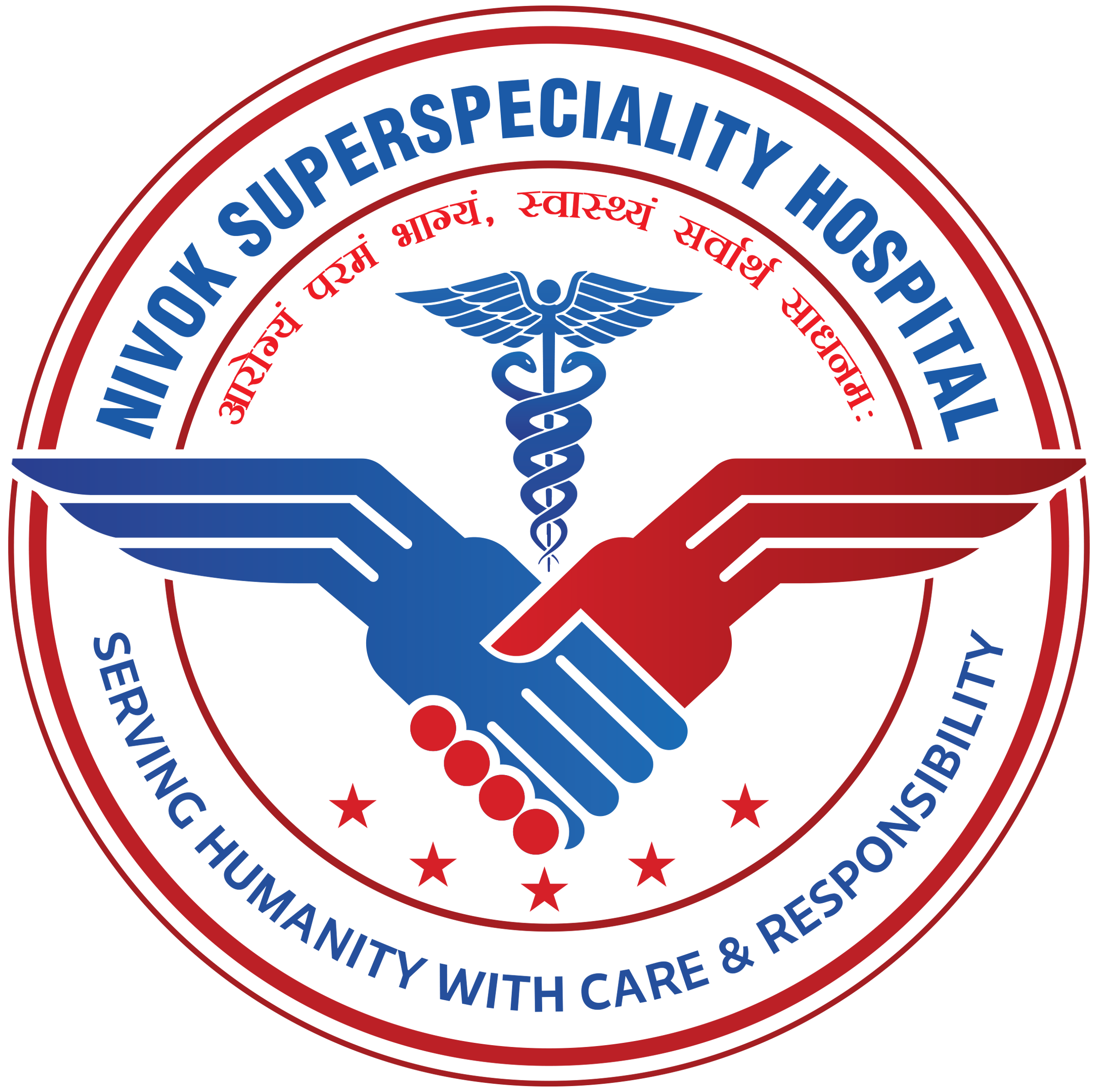




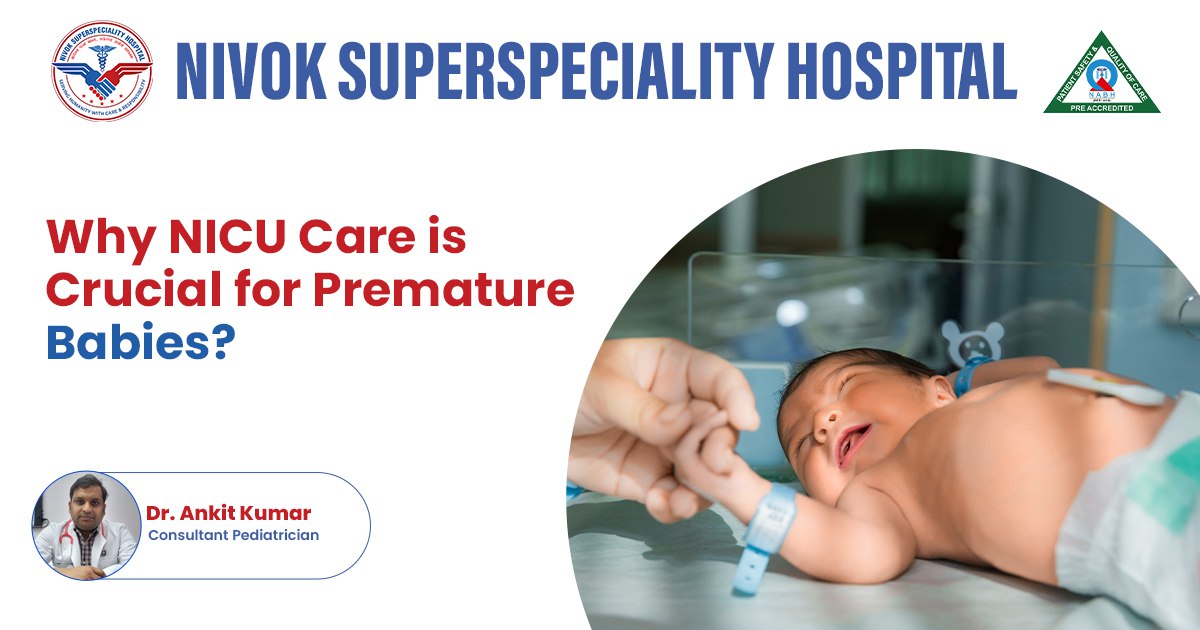
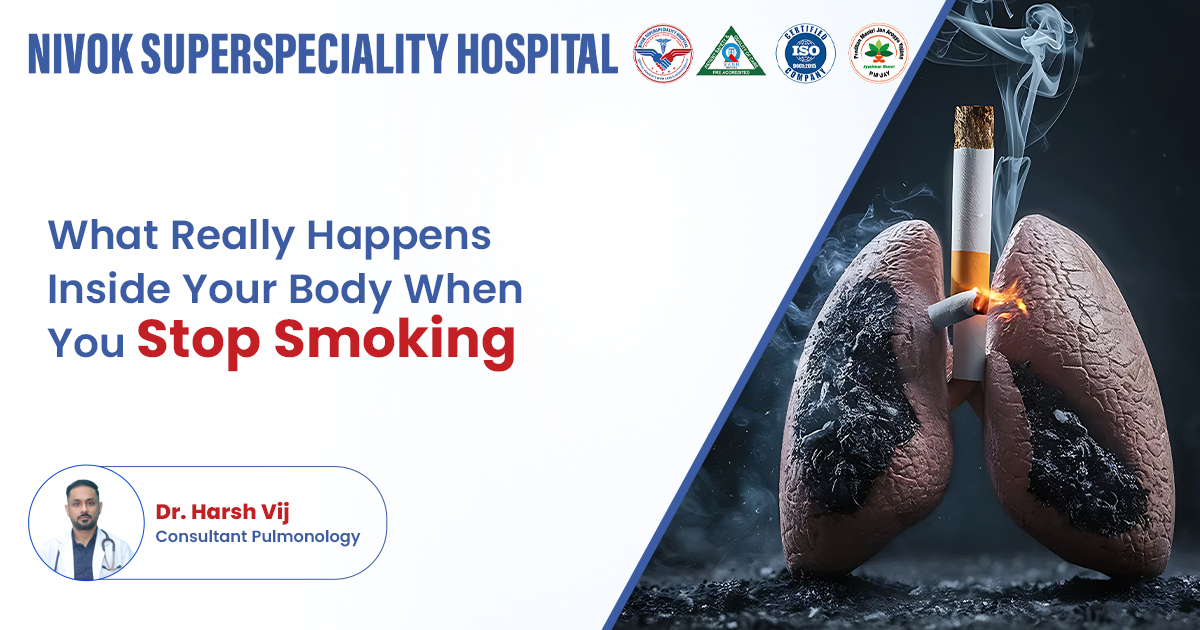




.jpg)


.jpg)

